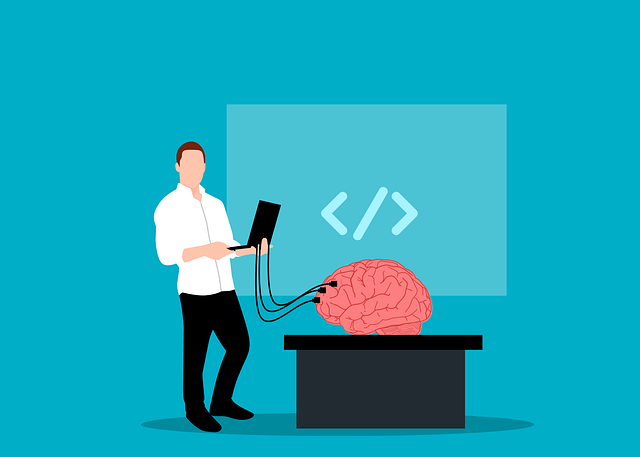Musk Neuralink: Application of human trial is rejected by FDA due to big safety risk
- Normal Liver Cells Found to Promote Cancer Metastasis to the Liver
- Nearly 80% Complete Remission: Breakthrough in ADC Anti-Tumor Treatment
- Vaccination Against Common Diseases May Prevent Dementia!
- New Alzheimer’s Disease (AD) Diagnosis and Staging Criteria
- Breakthrough in Alzheimer’s Disease: New Nasal Spray Halts Cognitive Decline by Targeting Toxic Protein
- Can the Tap Water at the Paris Olympics be Drunk Directly?
Musk Neuralink: Application of human trial is rejected by FDA due to big safety risk
- Should China be held legally responsible for the US’s $18 trillion COVID losses?
- CT Radiation Exposure Linked to Blood Cancer in Children and Adolescents
- FDA has mandated a top-level black box warning for all marketed CAR-T therapies
- Can people with high blood pressure eat peanuts?
- What is the difference between dopamine and dobutamine?
- How long can the patient live after heart stent surgery?
Musk Neuralink: Application of human trial is rejected by FDA due to big safety risk.
News on March 2, since 2019, Elon Musk has predicted on at least four occasions since 2019 that his brain-computer interface company Neuralink will soon start human trials of a revolutionary brain implant . , to treat intractable diseases such as paralysis and blindness.
However, Neuralink’s application for human trials has been rejected due to safety concerns.
The company, founded in 2016, did not seek permission for human trials from the U.S. Food and Drug Administration (FDA) until early 2022, but was denied, according to seven current and former Neuralink employees. The rejection of Neuralink’s application had not previously been reported.
In explaining the rejection to Neuralink, the FDA outlined dozens of issues the company had to address before proceeding to human trials, the employees said. Human trials are a key milestone on the road to final product approval.
The FDA’s main safety concerns concern the device’s lithium battery; the potential for the implant’s tiny wires to migrate to other areas of the brain; and whether and how the device can be removed without damaging brain tissue.

A year after being rejected by the FDA, Neuralink is still grappling with the agency’s concerns .
Three employees said they were skeptical Neuralink would be able to resolve the issues quickly, despite Musk’s Nov. 30 presentation predicting the company would win FDA approval for human trials this spring.
Neuralink has not disclosed details of its application for human trials, the FDA’s rejection, or the extent of the agency’s concerns. As a private company, it is not required to disclose such regulatory interactions to investors.
During a hours-long presentation in November, Musk said the company had submitted “most of its documents” to the FDA, but did not specify any formal filings. Neuralink officials acknowledged that the FDA has raised safety concerns in what they call an ongoing dialogue.
A person familiar with the matter from Neuralink declined to provide the FDA with a written rejection document, which is legally protected as confidential.
Safety concerns were described in interviews with anonymous Neuralink employees, including four who had read the FDA document and others with knowledge of the agency’s concerns.
The FDA’s refusal doesn’t mean Neuralink won’t ultimately be approved for human trials by the agency . But the agency’s rejection underscores the seriousness of the concerns, according to more than a dozen experts on the FDA’s device approval process.
The rejection also made it riskier and more difficult for the company to subsequently apply for trial approval, experts said. The FDA says it has approved about two-thirds of applications for first-in-human trials of devices over the past three years.
After the second review, this rose to 85%. But some experts say companies often give up after three attempts to address FDA concerns, rather than investing more time and money in costly research.
Companies that gain approval for human trials typically conduct at least two rounds of testing before applying to the FDA to approve a commercial device.
Musk and other Neuralink executives have yet to comment on the company’s device or its application to the FDA for human trials. The FDA declined to comment on Neuralink, citing laws protecting private business information.
Musk Neuralink: Application of human trial is rejected by FDA due to big safety risk
(source:internet, reference only)
Disclaimer of medicaltrend.org
Important Note: The information provided is for informational purposes only and should not be considered as medical advice.



